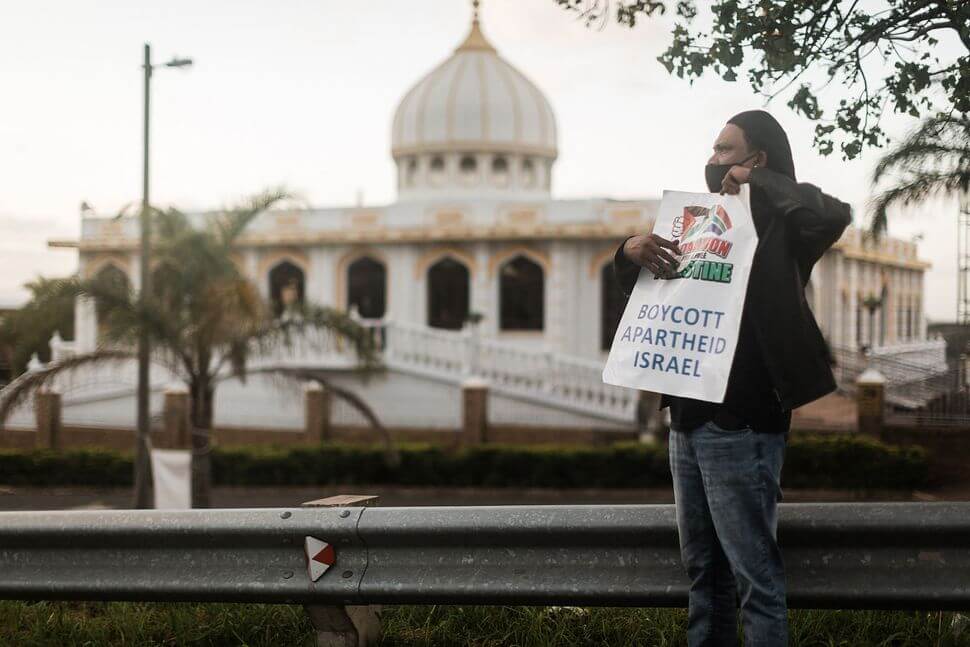Largest Presbyterian denomination labels Israel an apartheid state
Many Jewish groups had lobbied against the resolution

Photo by Getty Images
The governing body of the Presbyterian Church USA voted on Friday to label Israel an apartheid state, becoming the first major mainline Protestant denomination to take that stance.
Delegates to the church’s biannual General Assembly, which took place in Louisville and online, also voted to add Nakba Day — which marks the founding of Israel as a day to mourn the displacement of Palestinians — to the church calendar.
Palestinian activists celebrated the vote, which passed with 226 votes in favor against 116 in opposition.
This is an excellent stand by the US Presbyterian Church declaring Israel Apartheid state.
— Atef Dalgamouni (@AtefDalgamouni1) July 6, 2022
It should be called “The apartheid state of Israel”
US Presbyterian Church declares Israel 'apartheid state' https://t.co/kFzViDcIXJ
The decision was met with outrage by supporters of Israel, who argued that the state is unfairly vilified by those who make the apartheid claim.
The leadership of the 1.7 million member church “has violated God’s commandment not to bear false witness, rendered itself irrelevant in the world of peacemaking, and made a mockery of honest dialogue and interfaith relations,” Rabbi Eric Greenberg of the Simon Wiesenthal Center said in a statement.
The American Jewish Congress before the vote had urged the General Assembly to reject the resolution.
The proposed #PCUSA resolution that labels Israel, the only true democracy in the #MidEast, an apartheid state - is unjust & plain wrong. We urge the PCUSA assembly at large to swiftly vote down this clear example of antisemitic, anti-Israel disparagement.https://t.co/axx1BgBWkh
— American Jewish Congress (@AJCongress) July 7, 2022
The Presbyterian Church USA, known as PCUSA, has long been vocally critical of Israel. In 2014 it became the largest American church to embrace divestment strategies to pressure Israel out of the occupied West Bank.
The smaller of the two main branches of Presbyterianism in the U.S. — the Presbyterian Church in America — is more conservative generally and more supportive of Israel.
The vote follows the release of a report in February by Amnesty International accusing Israel of apartheid. In 2021, Human Rights Watch issued a report that concluded Israel had imposed some degree of apartheid on millions of Palestinians.













